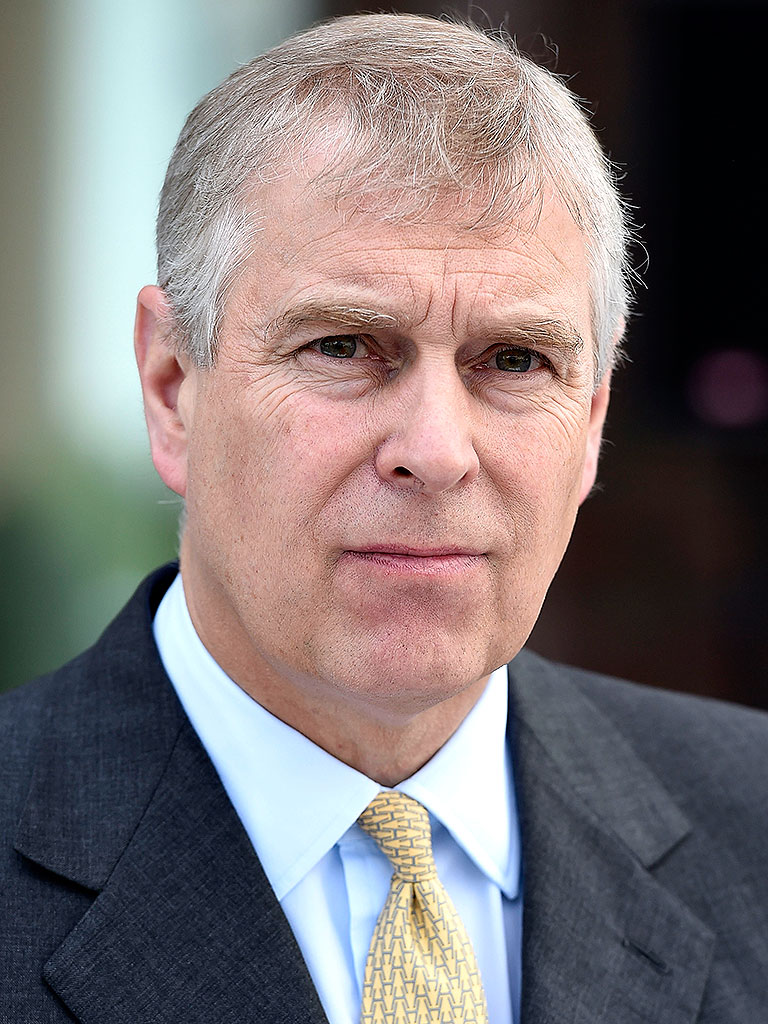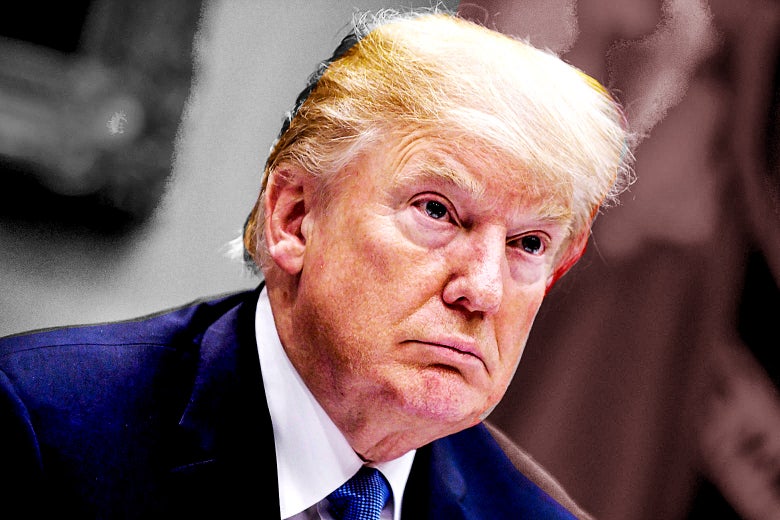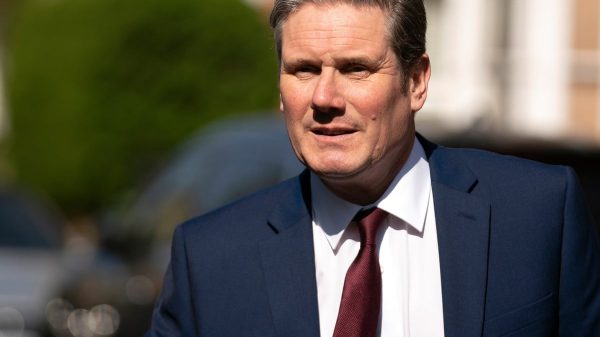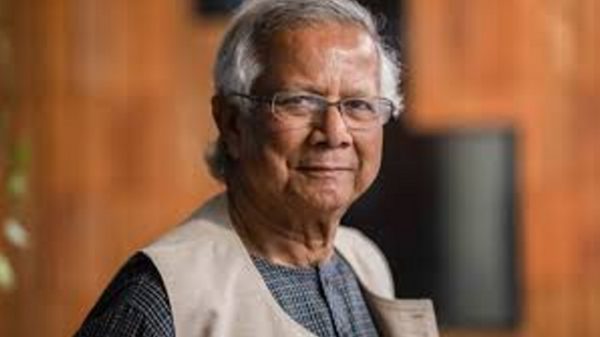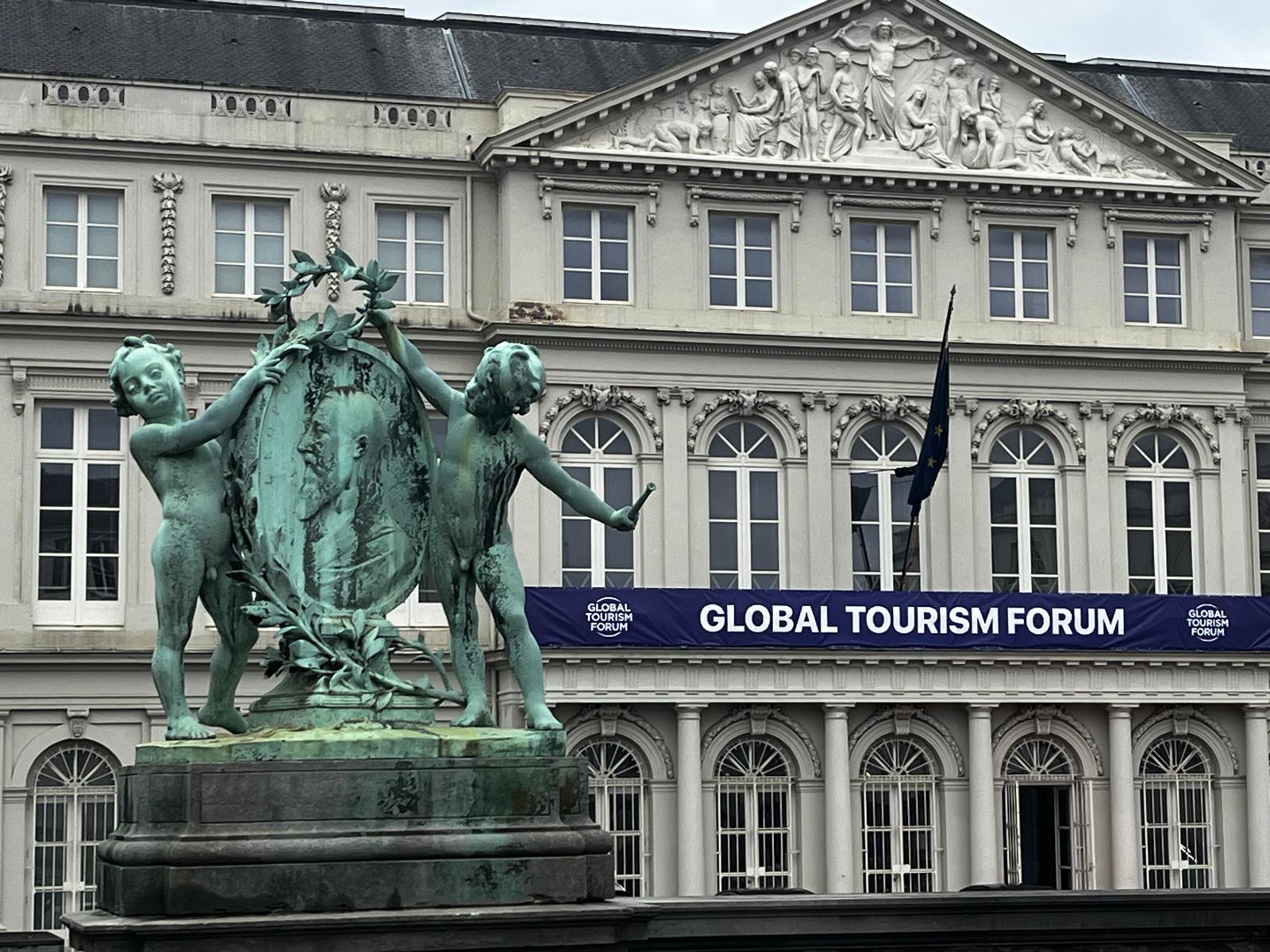The strategic value of tourism: economic engine, reputational asset – and the milestone convening of the Global Tourism Forum 2025 in Brussels
As the global economy enters a new phase of recovery, digital transformation and sustainability realignment, the role of tourism has emerged far beyond the traditional notions of sun-and-sand getaways. It is now a core driver of economic growth, employment, national brand strength and even diplomacy. Against this backdrop the Global Tourism Forum 2025 (GTF) – held in Brussels on 20-21 October – offered a timely, high-level moment to recalibrate how destinations, governments, private-sector players and international organisations think about travel and tourism.

Why tourism matters economically and reputationally
Economic impact
Tourism has become a major structural contributor for many countries. In the European Union the figures speak for themselves: in 2022, tourism-related industries (accommodation, food & beverage, travel agencies/tour operators, passenger transport) employed some 12.3 million persons — about 7.7 % of persons employed in the business economy and more than one-fifth (21.4 %) of employment in the services sector. European Commission+2European Commission+2

Further, across OECD countries, before the pandemic the tourism sector contributed on average 4.4 % of GDP and 6.9 % of employment; in many EU countries the share is significantly higher. OECD
The World Travel & Tourism Council (WTTC) reports that in 2024 the EU’s Travel & Tourism sector contributed almost €1.8 trillion to GDP – more than 10 % of the economy – and is projected to create 4.5 million new jobs by 2035. World Travel & Tourism Council

In short, tourism is no longer “just” a leisure sector: it operates as a lever of job creation, investment attraction, infrastructure upgrading and service-industry growth. Importantly for countries’ reputations, it also plays a role in brand building, international connectivity (airport hubs, conference centres) and cultural diplomacy.
Reputational and strategic importance
Beyond numbers, tourism contributes to how a country is perceived internationally. A strong tourism offering signals openness, welcoming culture, modern infrastructure and connectivity. It helps reinforce national brand, supports export of culture and services, and can complement diplomatic relations (for example through inbound business events, tourism partnerships or joint marketing).

Moreover, in an era of soft power, a destination’s ability to attract visitors – whether leisure, business, conventions or eco-tourists – becomes a marker of competitiveness. As one recent commentary put it, “far from being a sector solely associated with leisure, tourism today represents a strategic driver … of investment, diplomacy and sustainable development.” EU Reporter+1
Thus, for countries – especially within the European Union context – the case is increasingly clear: investing in tourism isn’t discretionary but strategic.

Considerations and caveats
That said, the growth and centrality of tourism also bring challenges – from overtourism and local community impacts (particularly in popular urban or island destinations) to sustainability pressures, climate impacts and labour market vulnerabilities (e.g., seasonal employment, part-time work).
For example, Eurostat highlights that many tourism sector jobs are part-time and young-worker-intensive; the structural share of firms is heavily in micro-enterprises. European Commission+1

Moreover, as destinations increase in popularity, reputational risks (such as infrastructure overload, environmental degradation or social discontent) become real. Managing tourism well thus becomes as important as attracting it.
Highlights of the Global Tourism Forum 2025 in Brussels
The Global Tourism Forum 2025, held in Brussels under the twin themes of “Redefining Tourism in a Changing World” and “Reshaping Economies Through Tourism”, provided an expansive platform to bring together government leaders, industry chiefs, investors, academics and destination-marketers. Institute of Tourism+1

Some of the key features and take-aways:
- Location and symbolism: Holding the Forum in Brussels – home of key European institutions – linked tourism to EU-level policy dialogue and underscored the sector’s relevance beyond hospitality. EU Reporter
- Scale and breadth: The programme featured over 100 speakers from more than 70 countries, covering heads of state, ministers, CEOs and innovators. Institute of Tourism+1
- Central themes included sustainable tourism, the role of AI and data in travel, tourism and urban governance, women and youth empowerment in the sector, aviation and hospitality’s shift to greener models, and tourism’s place in geopolitics and economic resilience. EU Reporter+1
- Investment and innovation: The Forum emphasised turning dialogue into deals. One of the breakout sessions was titled “The $10 Trillion Tourism Question – Where Will the Smart Money Go Next?” Institute of Tourism
- Outcomes: While full post-event data remains forthcoming, the Forum served as a convergence point for potential public-private partnerships, destination branding initiatives and technology/development collaborations. The presence of high-level actors suggests that tourism is increasingly framed as a pillar of economic strategy, not just service industry.

Implications for European tourism strategy
For the EU and its Member States, the convergence of economic, reputational and strategic incentives around tourism signals several policy imperatives:
- Integration of tourism into broader economic policy — Recognise tourism as part of industrial strategy (service-industry growth, connectivity, innovation) rather than a “soft” sector.
- Sustainable and inclusive growth — Growth must be aligned with environmental limits, local community well-being and equitable job creation. The Forum highlighted that sustainability is the key to continued success. European Commission
- Innovation-led tourism — Digital tools (AI, data analytics), new mobility, smart destinations and immersive experiences are becoming differentiators. Countries that adopt these will strengthen their reputational edge.
- Destination branding and diplomacy — Tourism can support soft-power projection, cultural diplomacy and national image building. Coordination between tourism bodies, trade/export promotion, cultural agencies and foreign policy makes sense.
- Resilience and diversification — The pandemic exposed tourism’s vulnerabilities. Building resilience (diversifying source markets, extending seasons, balancing domestic/international flows) helps maintain economic stability.
- Measurement and data-driven policy — Accurate data on tourism’s contributions (GDP, employment, ecosystem impact) enable smarter policies. The WTTC and Eurostat data demonstrate how important this is for credible planning.

Future forward
The Global Tourism Forum 2025 has reinforced a growing recognition: tourism is not peripheral but central to countries’ economic and reputational success. For Europe, this means treating the sector with the strategic attention it deserves — combining investment, innovation, sustainability and governance. As Member States and regional authorities look ahead, the message is clear: tourism isn’t a gift economy; it is an asset that must be managed, planned and nurtured.
As we saw in Brussels, the future of tourism will be defined not just by more visitors, but by smarter visitors, smarter destinations and smarter strategies.
With the momentum gained at the Forum, the next challenge will be translating ambition into action — ensuring that the economic gains of tourism also reinforce social inclusion, environmental stewardship and long-term destination health.


